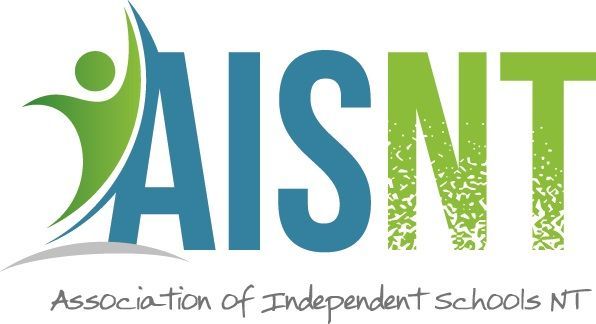Stress
During the weekend I came across some papers given to me ages ago by an old psychologist friend of mine. They were about Work - Related Stress, a condition faced by many in the teaching profession including Principals. I’ve added to these some considerations from my own experience. I well remember my mentor saying “Of course Chris we don’t get stressed”. I replied in the affirmative, though I didn’t believe my reply. Why? Because I didn’t want to appear weak. In those early days of starting the school there was no shortage of stress generated by the daily operation, with too few staff including not having a deputy; pressure from the Church; pressure from the NT government; pressure from the Federal Government and pressure from various pressure groups. I can remember a time when the phone would ring and my hands would sweat. But there was no way I was going to show my stress to the staff. Principals do get stressed and they need mechanisms to deal with this.
Stress could arise from:
- Role Conflict Role Ambiguity,
- Work overload or underload,
- Responsibility,
- Career Development,
- Fear of failure or feeling inadequate,
- Inability to solve a problem, or
- Inability to prioritise.
Easy to say “prioritise” but hard to do it when everything is a priority. However, there is comfort in knowing that this situation is normal. You often have to be hard headed in setting priorities - someone or something has to be first and someone and something has to be last. The decision made may generate discontent or criticism but accepting that this is normal is fundamental. All Principals will be experiencing the same.
Guilt. This can arise out of a feeling it is impossible to get everything done. Fear of possible failure can really cause stress.
Ways of Reducing Stress
- Learning to be Assertive can be helpful in reducing stress.
- Becoming aware of your own feelings, needs and wants.
- If you are a naturally driven person, learning to recognise it and develop a healthy control over your life.
- Having a wise person whom you could confide in.
- Recognising and being willing to exercise basic rights as a human being.
- Learning to say NO! I knew someone who became known as “the man who could never say NO” and this affected his health in the end.
- Learning to avoid Manipulation. “You should be able to fit this in”.
- Practicing assertive responses: “I” messages; Being Specific; Asking for what you want; Making requests.
- Understanding what is, for you, a manageable workload. “I can do it, but need to do it in my time”. The only person who really understands how your time is allocated and the related pressure is you!
- Time invested in planning your time is worthwhile though a degree of flexibility is important.
- When employing someone be careful at interview if they “bag” out their former employer because in my experience there is a good chance they will “bag” you out later on as well.
Sometimes a Board places unreasonable expectations on a Principal. If this is the case, the Principal should express their concern to the chair. I recall staying with a Principal in Edinburgh who had the difficult task of running two schools of a reasonable size at the same time. One was a Boys’ School and the other a Girls’ School. He started early and finished late and I don’t know how he did it. I met the Chair, a monocculed man from the aristocracy, who enlightened me with the Board’s plan to have the Principal doing some teaching as well. I was shocked and I’m not sure that if he did express his concern to the chair that they aristocrat would listen. Difficult situation!
Some Stress Quotes.
- "It is not stress that kills us. It is our reaction to it”.
- "Stress is an ignorant state. It believes that everything is an emergency.”
- “The greatest weapon against stress is our ability to choose one thought over another.” William James.
- “Those who wish to sing, always find a song.”
Written by Chris Tudor



